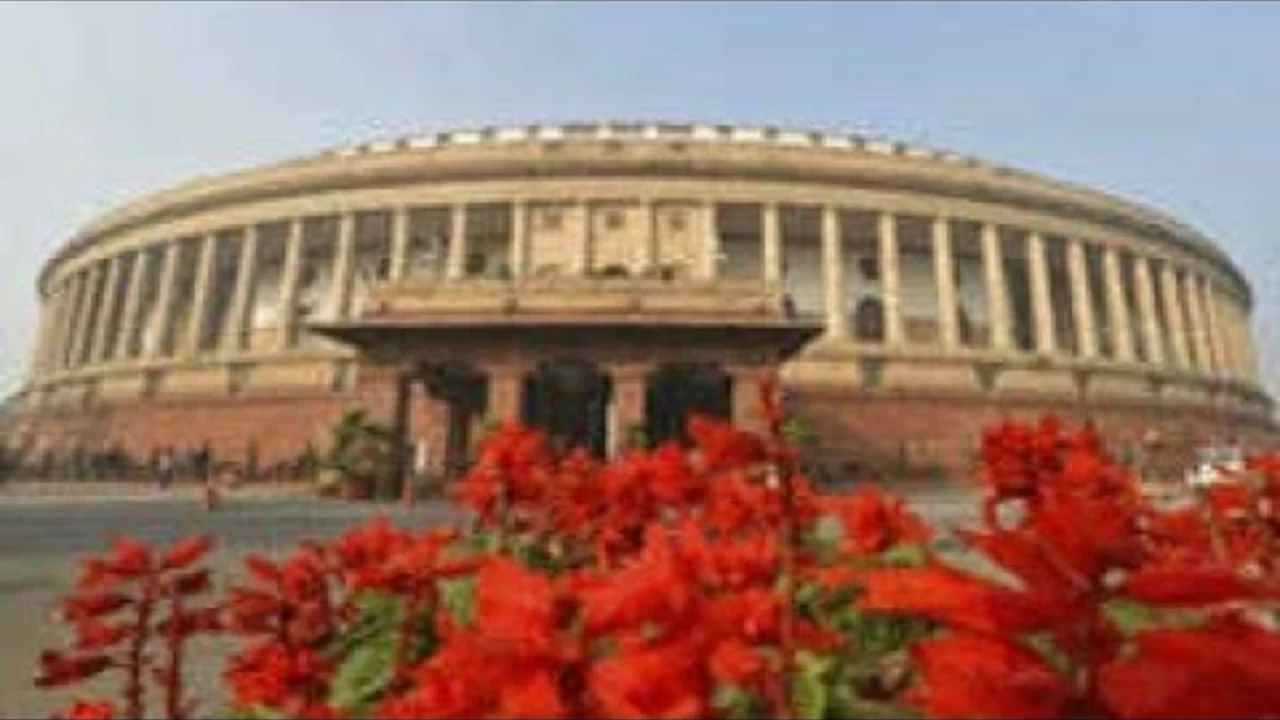
The Budget Session is one of the most crucial events in the financial calendar of any country. It is during this session that the government presents its financial plan for the forthcoming fiscal year. Specifically, in the Indian context, the Budget Session is divided into two parts. The first leg usually starts at the end of January and runs until the first week of February. The second leg commences after a recess, usually in the second or third week of March. Today marks the beginning of the second leg of the Budget Session.
The second leg of the Budget Session is significant as it is during this period that the government's proposed financial plan is debated and discussed in detail. The finance bill, demands for grants, and the appropriation bill are closely scrutinized by the members of the parliament. This session is also important because it gives an opportunity for the opposition to express their views and concerns about the proposed budget. It is a platform for constructive criticism and suggestions, ensuring that the final budget is comprehensive and beneficial for all.
During the second leg of the session, various key sectors of the economy are discussed in detail. From health care and education to defence and infrastructure, each sector's proposed budget is dissected and debated. This is a crucial time as it sets the tone for the economic policies and plans for the coming fiscal year. The session also sees rigorous debates on proposed tax reforms and changes in fiscal policies.
The outcomes of the Budget Session have a direct impact on the common man. From changes in income tax slabs to alterations in goods and services tax (GST) rates, every decision taken during the session affects the daily life of the common man. The session also determines the government's spending in critical sectors like health, education, and infrastructure which indirectly influences the quality of life of the citizens.
As the second leg of the Budget Session begins today, there are various expectations. The citizens, corporate sector, and economists are all keenly watching the proceedings. They are looking forward to constructive debates, positive amendments, and an inclusive budget that caters to the needs of all sections of the society. The hope is that the session will result in a robust financial plan that propels economic growth and development.
The role of the opposition during the Budget Session is to question, analyze, and suggest changes to the proposed financial plan. They are the critical voice that keeps the government in check. Their constructive criticism ensures that the final budget is well-rounded and caters to the needs of all sections of the society. In the second leg of the session, the opposition is expected to play a crucial role in debating the proposed budgetary allocations and policies.
The Budget Session, particularly the second leg, holds a significant impact on the stock market. The announcements made during the session can trigger volatility in the market. Investors closely watch the session for any changes in tax laws, fiscal policies, and spending plans. These changes can influence the performance of various sectors, thus impacting the stock market.
As we step into the second leg of the Budget Session, it's a time of anticipation and expectations. The decisions taken during this session will shape the country's economic future. While it's a challenging task, it's also an opportunity for the government to prove its mettle by presenting a budget that is progressive, inclusive, and growth-oriented. As citizens, it's our responsibility to stay informed and involved in this important event.